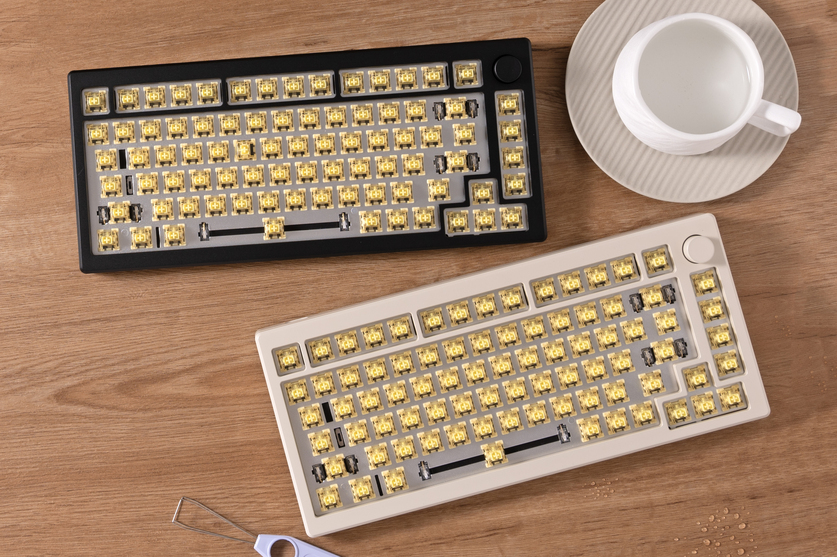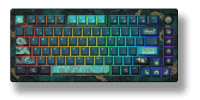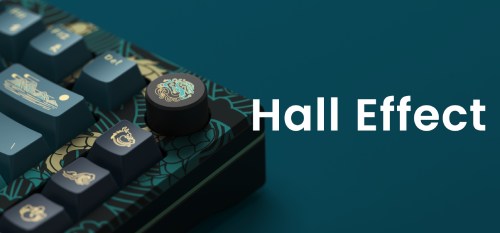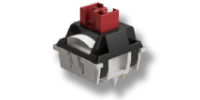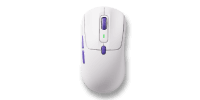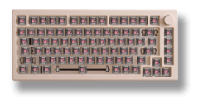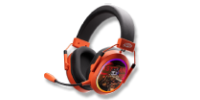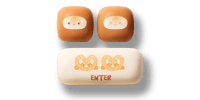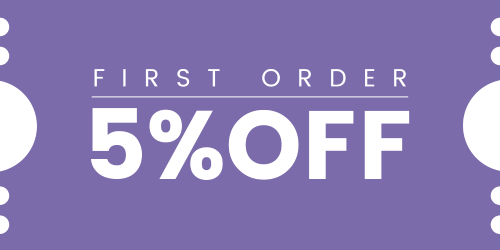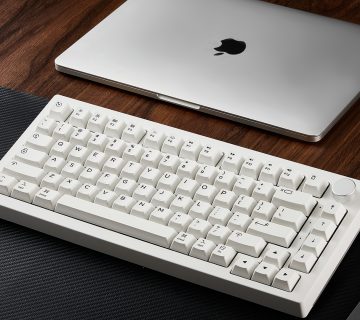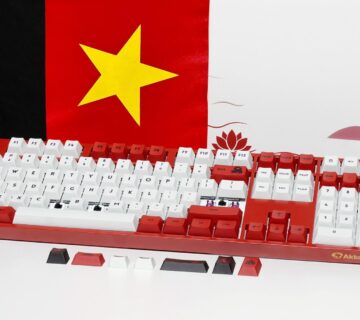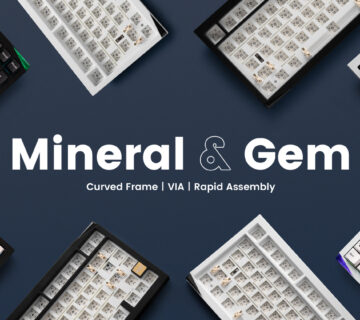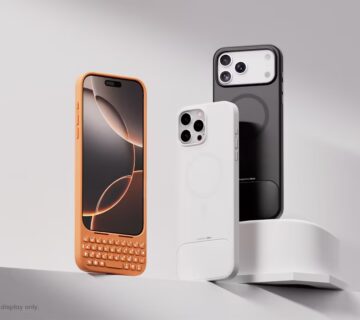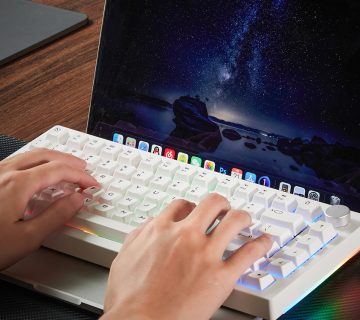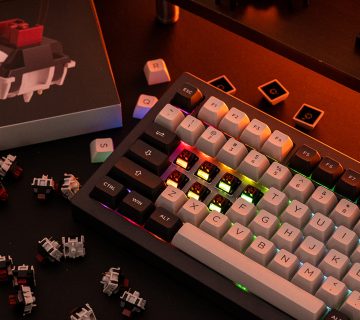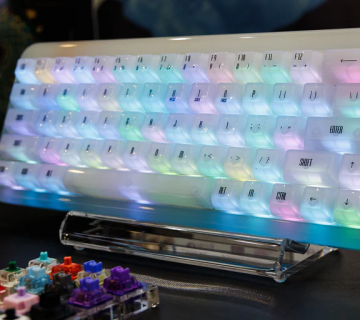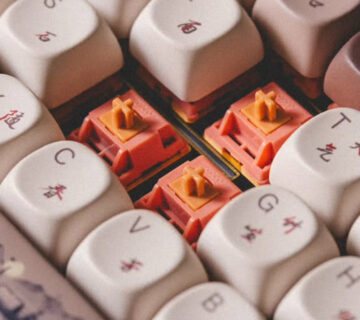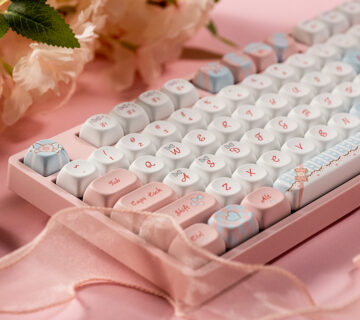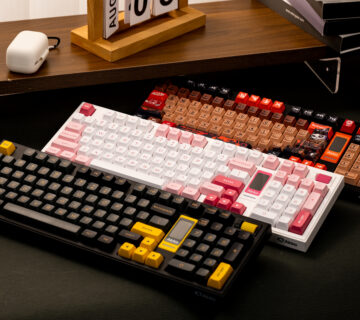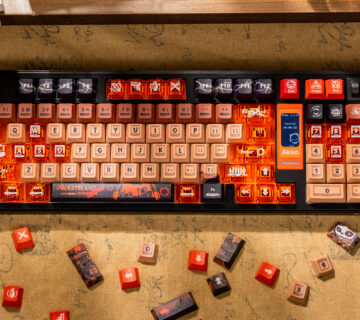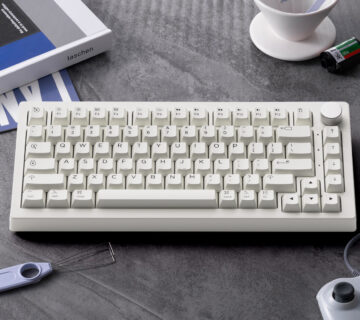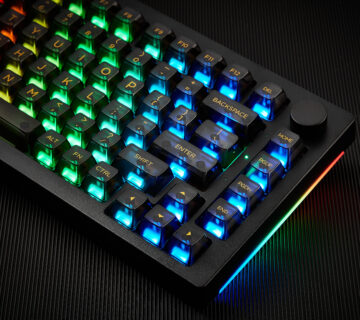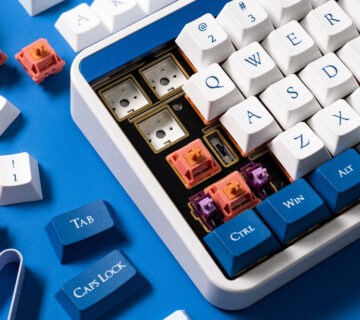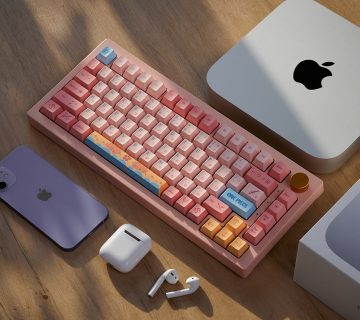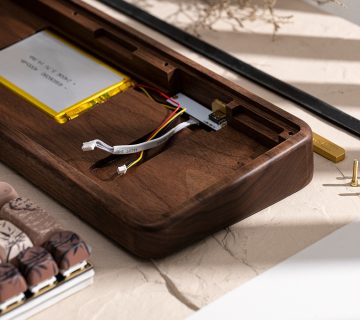The Ultimate Guide to Selecting Keyboard Plates
Comparing Different Materials Used for Keyboard Plates
In mechanical and magnetic switch keyboards, the material of the plate has a significant impact on the feel and sound feedback. Many enthusiasts may be confused by the differences in input feedback and sound performance brought by different plate materials. Below, we’ll discuss the eight most common types of plates found in the market.
Eight Common Materials: PP, PC, POM, FR4, Aluminum, Carbon Fiber, Copper, Steel.
How to Choose Perfect Keyboard Plate for Your Setup
We will describe the feel (from soft to firm) and sound (from deep to bright) of each material, along with their characteristics and ranking.
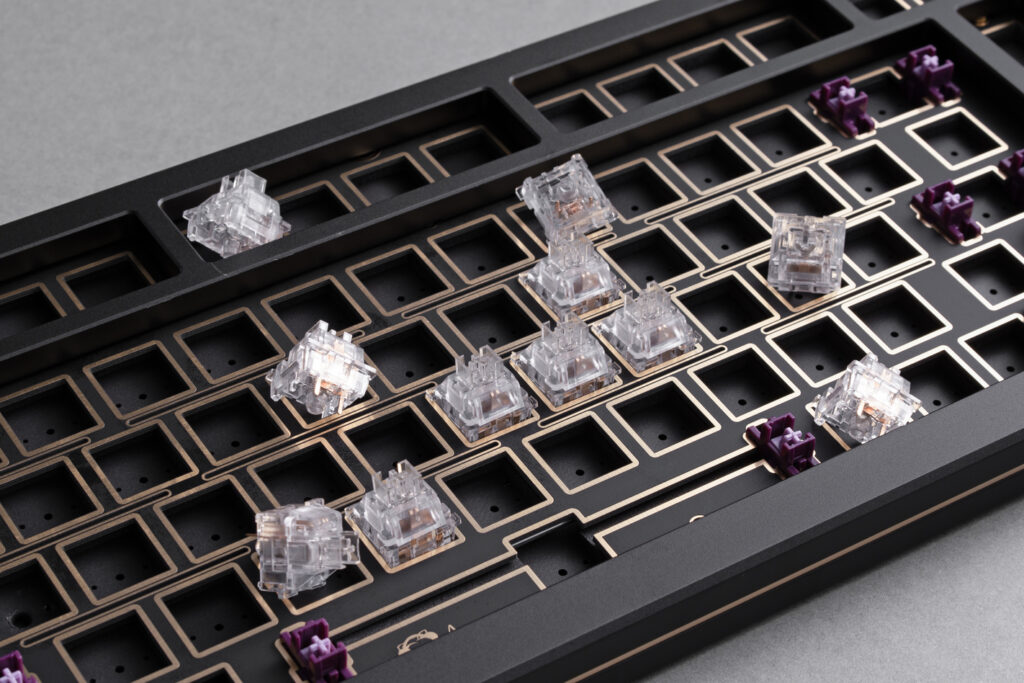
Typing Feel (feedback):
- PP: PP plates typically have a soft and bouncy feel, ideal for users seeking a more pliable touch.
- PC: PC plates are very common and they are softer, prone to deformation, so they also have a relatively soft and bouncy feel.
- POM: POM plates share a similar soft and bouncy feel as PC plates.
- FR4: FR4 plates offer a medium hardness, with a feel between soft and firm. They provide a balanced touch, neither too soft nor too hard.
- Aluminum: Aluminum alloy plates generally offer a more solid feel, sitting between FR4 and copper. They provide a definite firm feel.
*Magnetic Switch Keyboards mostly use an aluminum plate to minimize recoil, enabling faster actuation. - Carbon Fiber: Carbon fiber plates are strong and highly responsive, with a very firm, direct feel—one of the hardest plate materials.
- Copper: Copper plates have a similar hardness to steel, providing a strong, firm feel and ample support.
- Steel: Steel plates are thicker than other materials and provide the firmest feel with strong keypress feedback.
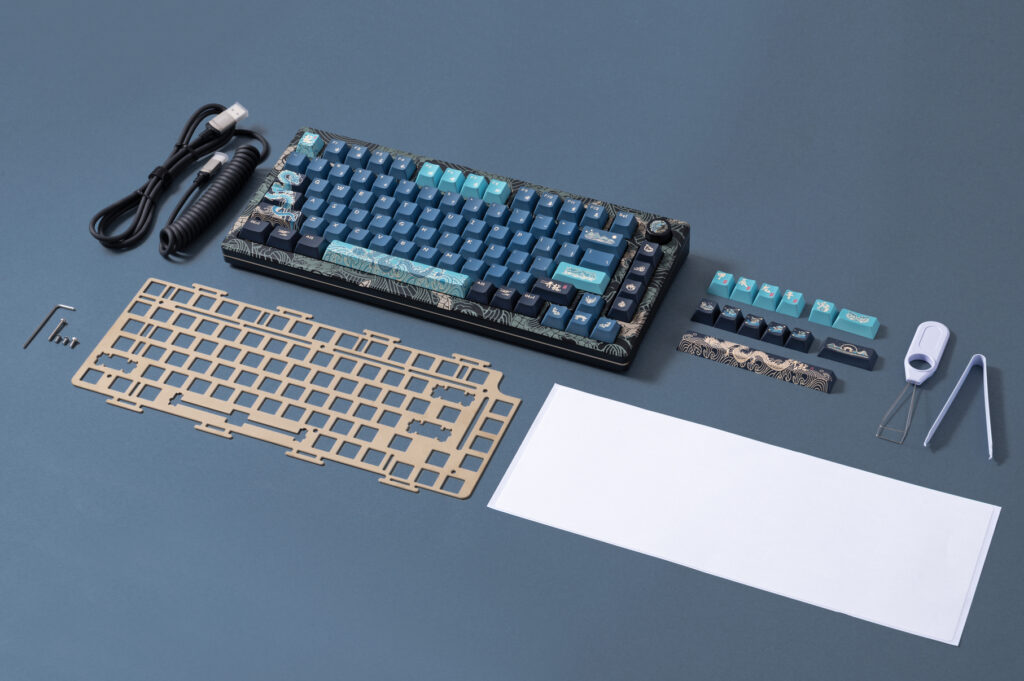
Sound Profile:
- PP: PP plates produce a muted sound with relatively low volume.
- POM: POM plates also produce a low-pitched sound, with moderate volume.
- PC: PC plates generate the softest and most muted sound.
- FR4: FR4 plates produce a relatively quiet sound, falling between PC and aluminum.
- Aluminum: Aluminum alloy plates generate a crisp, loud sound, though they are still a bit lower in tone compared to copper and carbon fiber.|
- Copper: Copper plates are louder, with a solid and clear tone when typing.
- Carbon Fiber: Carbon fiber plates produce a bright, sharp sound, with clear, pleasant feedback.
- Steel: Steel plates create the most intense keypress feedback and tone, resulting in the brightest sound.
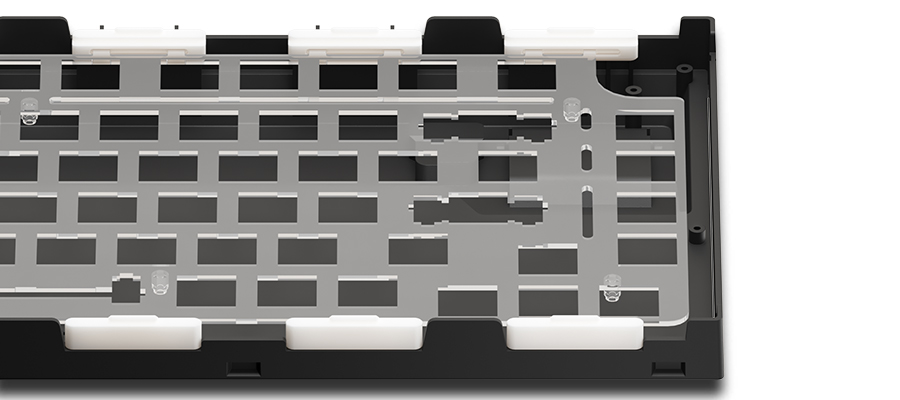
Feel (Soft to Firm):
PP < PC < POM < FR4 < Aluminum < Carbon Fiber < Copper < Steel
Sound (Low-pitch to High-pitch):
PP < POM < PC < FR4 < Aluminum < Copper < Carbon Fiber < Steel
